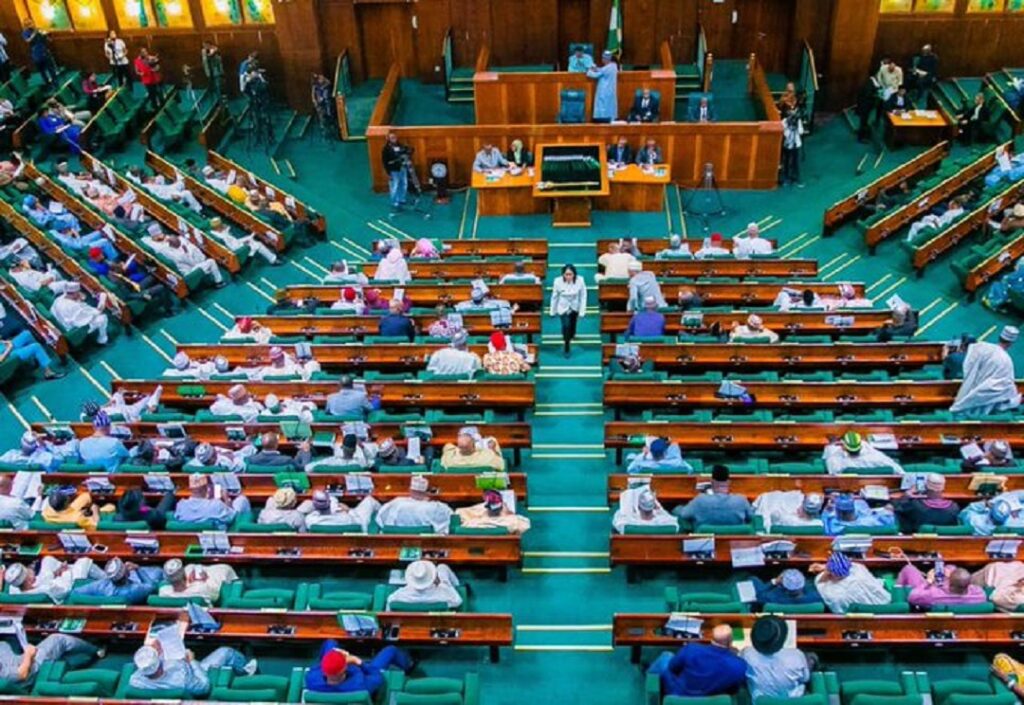The House of Representatives has ordered a comprehensive investigation into the spending of over $18 billion on Nigeria’s non-functional refineries, describing the prolonged failure of the facilities as a national embarrassment and a gross abuse of public trust.
The lawmakers, during Thursday’s plenary session presided over by Deputy Speaker Benjamin Kalu, directed relevant committees to unravel how such a huge amount was expended on the rehabilitation of the Port Harcourt, Warri, and Kaduna refineries over the past two decades with no tangible results.
The resolution followed a motion sponsored by Oluwaseun Whinghan, representing Badagry Federal Constituency of Lagos State, who lamented that despite repeated promises and budgetary allocations, none of the four state-owned refineries operated by the Nigerian National Petroleum Company Limited (NNPCL) has resumed production.
Whinghan expressed concern that the situation has forced Nigeria to continue importing refined petroleum products, worsening the country’s economic hardship, especially after the removal of fuel subsidy.
He said, “The House is worried over recent statements by Nigeria’s foremost industrialist, Aliko Dangote, and former President Olusegun Obasanjo, who both expressed doubts about the viability of these refineries.
They described the multi-billion-dollar rehabilitation efforts as futile, raising serious public concern about mismanagement and waste.”
The lawmaker recalled that in 2007, during the Obasanjo administration, Dangote and other private investors acquired the refineries, but the transaction was later reversed by President Umaru Yar’Adua’s government, opting instead for rehabilitation funded by taxpayers — an effort that has produced no operational improvement.
Whinghan added that recent remarks by NNPCL Group Chief Executive Officer, Bayo Ojulari, confirmed the refineries remain moribund despite the billions reportedly spent on their rehabilitation. Ojulari had also hinted at the possibility of selling the facilities, a position that has sparked further public anger.
“It is disturbing that despite consistent annual budgetary allocations and repeated assurances from successive administrations, there is no verifiable evidence of substantial progress on the refineries’ rehabilitation.
“This represents a betrayal of public trust and fiscal recklessness of the highest order,” Whinghan said.
He stressed that Nigeria’s energy security and economic stability depend on having functional refineries, especially now that the government has stopped subsidising petrol.
“A transparent, time-bound investigation is necessary to determine the true state of the refineries, how the funds were utilised, and whether acts of corruption or mismanagement were involved. Nigerians deserve to know who is responsible for this failure,” he stated.
Following the debate, the House mandated its Committees on Petroleum Resources (Upstream, Downstream, and Midstream), Gas Resources, and Public Assets to jointly probe the funds appropriated and disbursed for the refineries’ rehabilitation between 2010 and 2024.
The committees are expected to submit their findings and recommendations for further legislative action.
The refineries, located in Port Harcourt (two plants), Warri, and Kaduna, have remained dormant for years despite multiple rehabilitation contracts, foreign partnerships, and claims of turnaround maintenance by successive administrations.
Meanwhile, public outrage continues to mount as Nigeria remains Africa’s top crude oil producer but depends heavily on imported fuel — a paradox many describe as “a scandal without end.”
Do you want to share a story with us? Do you want to advertise with us? Do you need publicity for a product, service, or event? Contact us on WhatsApp +2348183319097 Email: platformtimes@gmail.com
We are committed to impactful investigative journalism for human interest and social justice. Your donation will help us tell more stories. Kindly donate any amount HERE




